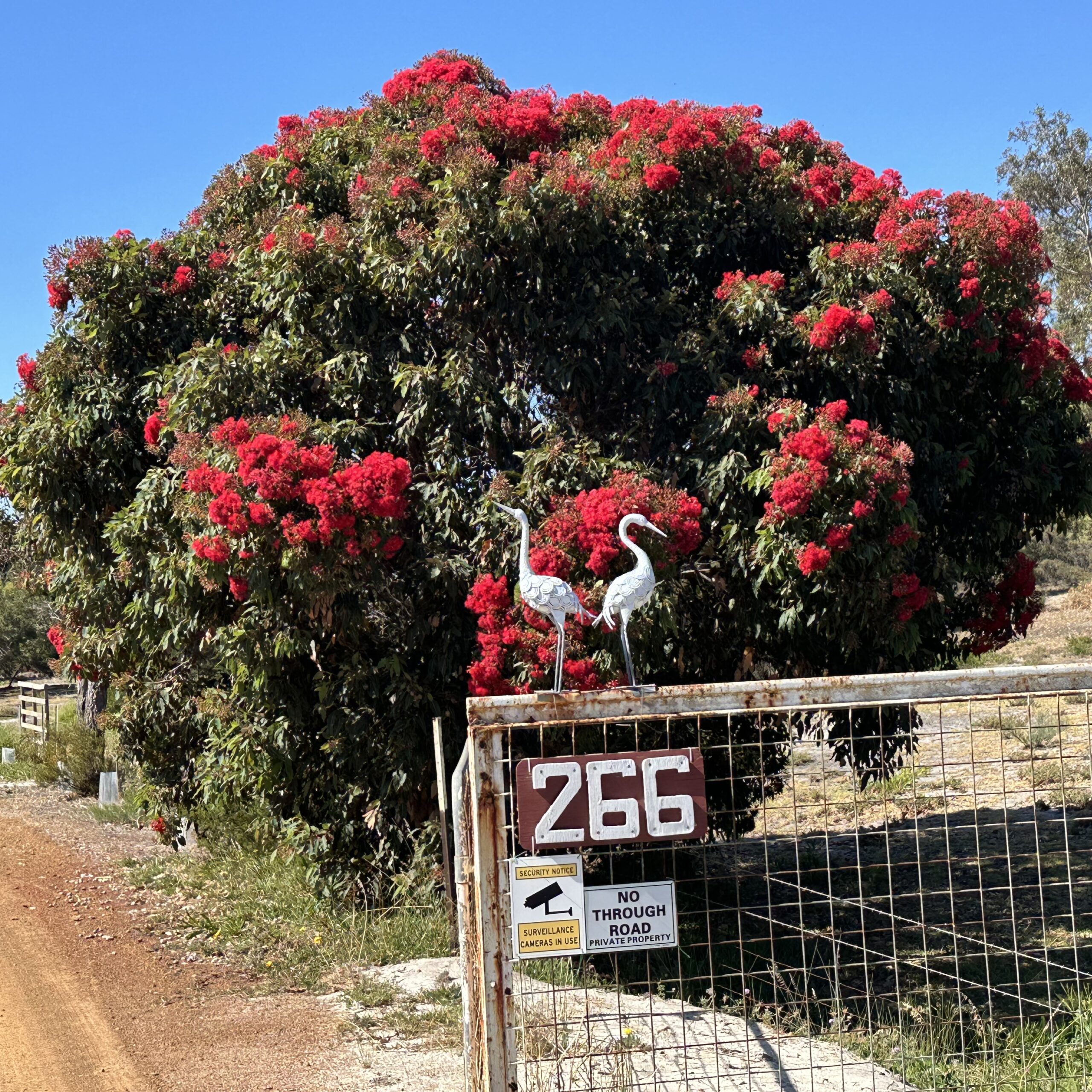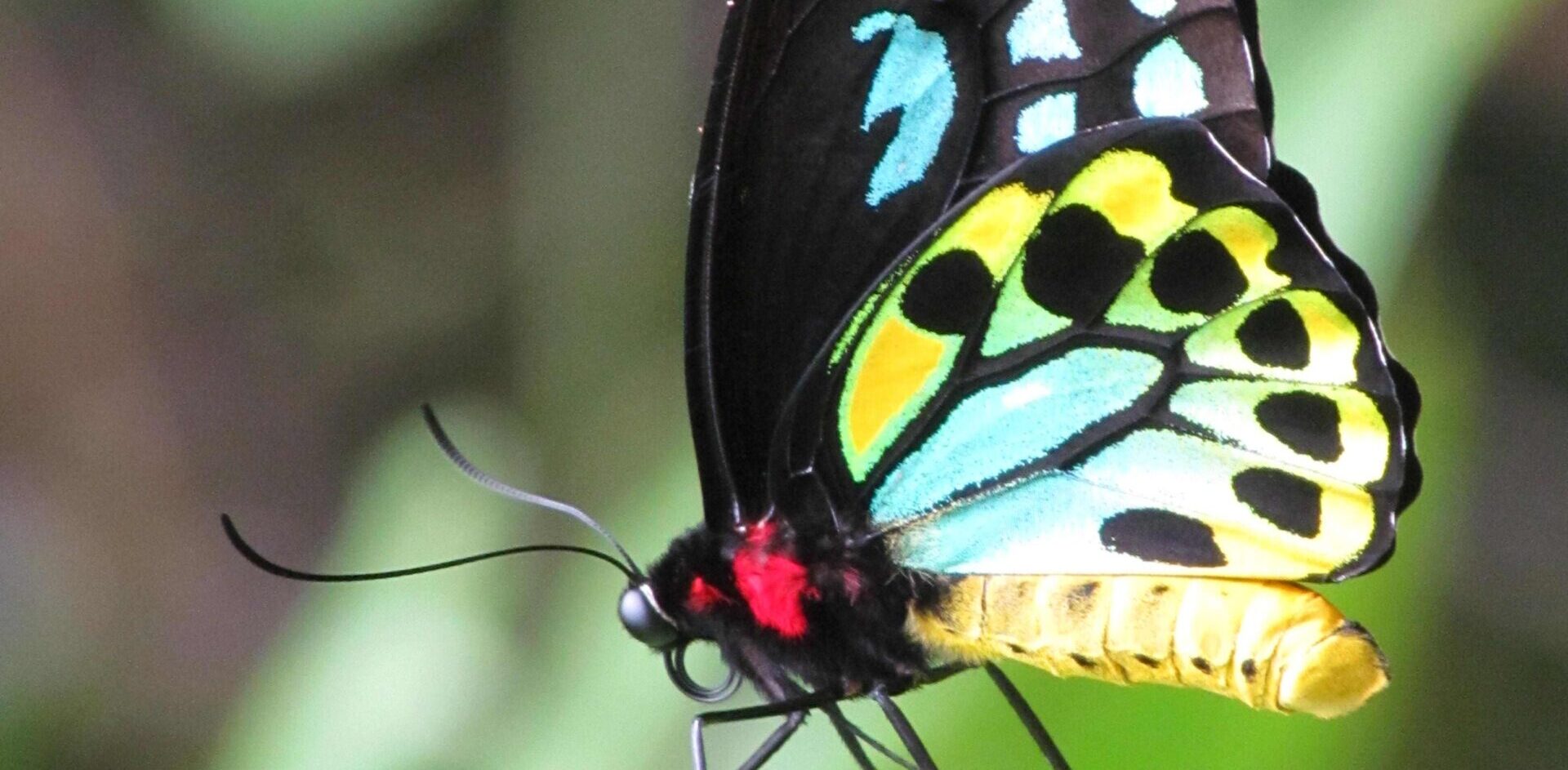Left: Carnaby’s black cockatoo (Zanda latirostris), Right: Red flowering gum (Corymbia ficifolia), an endemic species to southwest WA.Photo credits: Lori-Ann Shibish and Colin Ingram Esperance Wildlife Sanctuary Inc Western Australia • CHADWICK In 2021 we purchased our 12-acre property that was part of a 1980s subdivision, partly cleared to run...
The Netherlands is expected to kill more than 350,000 mink by gassing, in a massive cull following an outbreak of coronavirus on fur farms in the country. It is estimated that most of these—about 300,000—are pups just days or weeks old.
The killing of animals on fur farms is heartbreaking under any circumstances, because of how utterly needless and preventable it is. But this tragic cull, and the scale of it, is a stark reminder of the many problems that surround fur factory farming, impacting both animal welfare and human health, and why all production of this unnecessary commodity needs to end immediately.
The problem came to light in April, when two fur farm workers in the Netherlands were found to have contracted the coronavirus from mink, which is the only known animal-to-human transmission following the initial outbreak. In following weeks, 13 of the Netherlands’ roughly 130 fur farms reported mink infected with the virus. And the number of infected farms keeps on growing. The farms said more mink were dying than usual, and some had nasal discharge or difficulty breathing.
This month, the government ordered all mink on infected Dutch fur farms be killed to prevent the further spread of the coronavirus to humans. The cull, which began last week, has farm workers in protective clothing using gas to kill mink mothers and their pups. The animals’ bodies are then transported to a disposal center in a sealed shipping container and the farms disinfected.
It is now clear that these fur farms, where animals are crowded in close contact with each other, are reservoirs for the spread of pandemics. Organizations like ours have been sounding the alarm bell over fur farms—and the high risk for disease they pose—for years, and as tragic as this development is, it is not surprising to us.
Fur farms also pose an extraordinary animal welfare problem. Much like factory farms and wildlife markets, the animals in these operations live short, miserable lives in small, barren and filthy cages, usually without any veterinary care. A Humane Society International investigation of Finland’s fur farms last year showed many animals had eye infections and gaping wounds, including a mink with a large, bloody hole in the head. Some animals lay dead in the cages and others ate them or walked over them.
Such fur farms exist around the globe, including in the United States, where the top 10 states for mink pelt production (in order of most to least) are Wisconsin, Utah, Idaho, Oregon, Minnesota, Iowa, Illinois, Pennsylvania, Michigan and Washington. As part of our 11-point policy plan to reduce animal suffering and help prevent future national and global pandemics, the Humane Society family of organizations is calling for an end to all fur farming everywhere it exists around the world.
We have already made tremendous progress in fighting fur, with dozens of fashion designers and retailers turning away from this cruel product in recent years. In the United States, California has banned the production of fur and all sales of new fur products. Globally, Britain became the first country in the world to ban fur production, and it has been followed by a dozen European countries, including Austria, the Czech Republic and Norway.
The Netherlands, once the third largest fur farming country in the world, banned fur production in 2013 with an 11-year phaseout. But the tragedy now playing out in the country is an opportunity for the government there, and for governments in all fur-producing nations, to take note of the serious public health and animal welfare problems associated with fur farms and close them down without delay. With the pandemic still ravaging the globe, it simply doesn’t make sense for anyone to reinvest in an enterprise that’s fallen out of fashion and favour the world over.
Here in Australia, we continue to encourage consumers to buy from retailers who have committed to going fur-free. You can see our comprehensive list of fur-free retailers here so you can help to support brands that do not profit off the cruel fur trade.
The post Dutch fur farms are gassing 350,000 mink, mostly pups, following coronavirus outbreak appeared first on A Humane World.
To subscribe to our blog click here.
Kitty Block is President and CEO of the Humane Society of the United States and President of Humane Society International, the international affiliate of the HSUS.
Photo by Mark Hicken/Alamy Stock Photo


